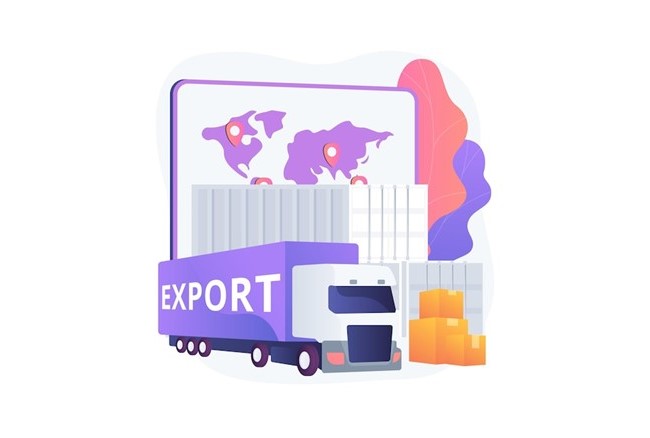


Digitization has revolutionized the way businesses operate, and export customs clearance is no exception. In Mumbai, one of the busiest ports in India, digitization has had a significant impact on the export customs clearance process.
Prior to digitization, export customs clearance in Mumbai was a time-consuming and paper-intensive process. Exporters had to submit physical documents and go through multiple rounds of verification and inspections, which often resulted in delays and added costs. However, with the advent of digitization, the process has become much more streamlined and efficient.
One of the major impacts of digitization on export customs clearance in Mumbai is the introduction of electronic data interchange (EDI). EDI allows exporters to submit their documents online, eliminating the need for physical copies and reducing the time and cost of processing. EDI also ensures greater accuracy and transparency in the clearance process, as all information is stored electronically and can be easily tracked and verified.
Another significant impact of digitization on export customs clearance in Mumbai is the adoption of a single-window clearance system. Under this system, exporters can submit all their clearance documents online through a single portal, which is then processed by multiple government agencies simultaneously. This not only saves time and reduces paperwork but also ensures better coordination between different agencies, resulting in faster clearance times and reduced costs. Freight forwarders can also leverage the power of digitization and derive some amazing benefits. Their customs clearance work has become a lot more seamless in recent times due to the adoption of single-window system and EDI which was not the case earlier as all the documentation work was extremely cumbersome and time-consuming.
Furthermore, digitization has enabled greater automation in the clearance process, allowing for faster and more efficient inspections and verifications. For example, the use of electronic seals and scanners for container inspections has greatly reduced the time and cost of physical inspections, while also ensuring greater accuracy and reliability.
Overall, the impact of digitization on export customs clearance in Mumbai has been overwhelmingly positive. It has transformed the clearance process from a cumbersome and time-consuming task to a streamlined and efficient one, saving exporters’ time and money and boosting the competitiveness of Indian exports in the global market. However, there is still scope for further improvement, and the government must continue to invest in digitization and modernization to keep up with the rapidly evolving global trade landscape.
Navigating the intricacies of import customs clearance in Mumbai is essential for businesses engag.....
The bustling metropolis of Mumbai, where the air is thick with the aroma of chai and the streets are alive with the hum of commerce. In the heart of this vibrant city lies a crucial hub for interna.....
In today's rapidly evolving marketplace, the logistics sector plays a pivotal role in meeting the dynamic expectations of consumers for transparency, timely delivery, and innovation. As India&#.....